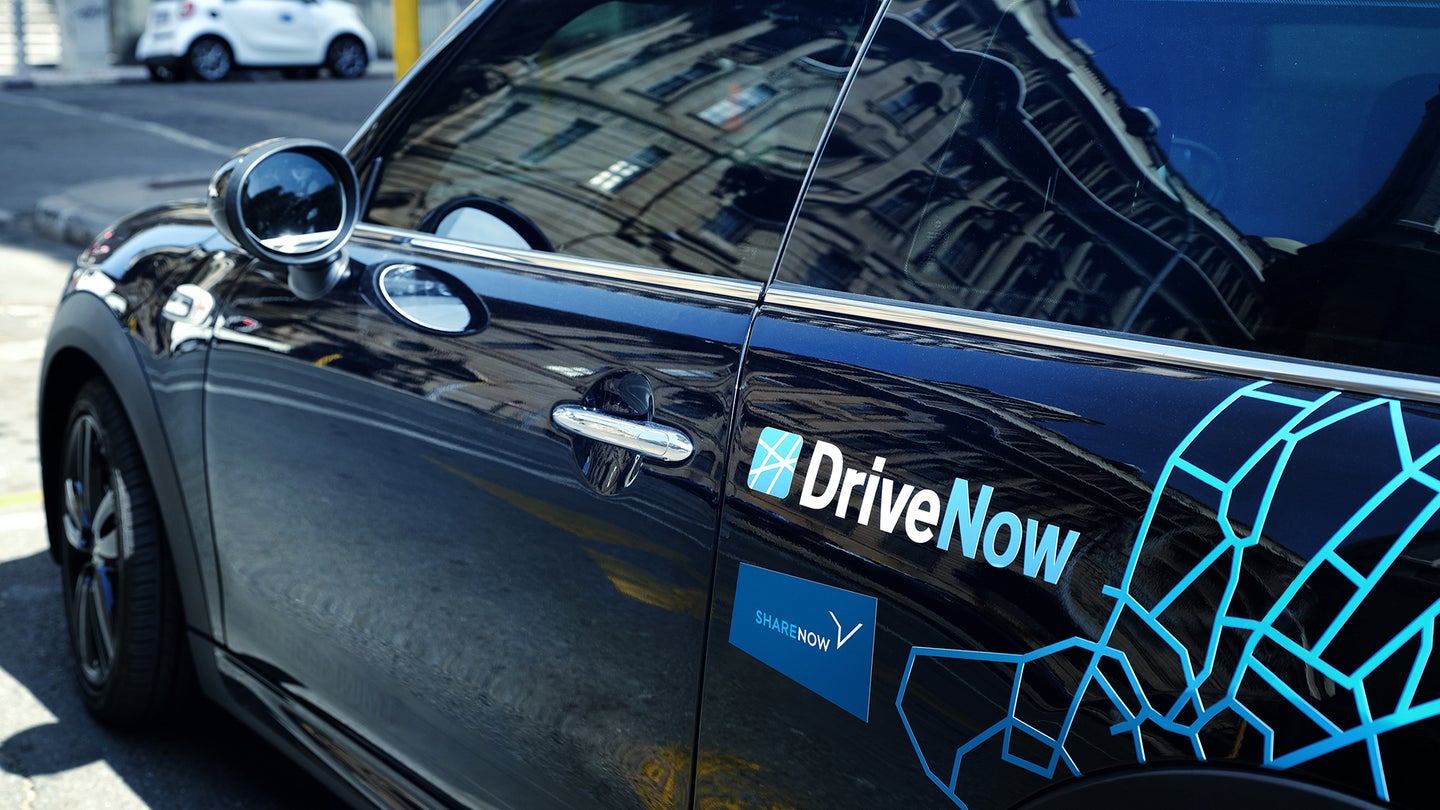BMW and Daimler Announce $1.1B Partnership to Focus on 5 Mobility Ventures
The mobility ‘brands’ will be called Charge Now, Free Now, Park Now, Reach Now, and Share Now.

BMW and Daimler confirmed talks of a planned mobility partnership on Friday by formally announcing in-depth details of several upcoming shared business ventures, an avenue which the two entities began exploring in early 2018. Both manufacturers have agreed to combined forces and form five shared business undertakings to shake up the current mobility industry; setting aside more than $1.1 billion (1 billion euro) for the journey.
The automakers will work together to form five different joint ventures, each one designed to challenge rivals which pepper the mobility industry as a whole, including Uber, Electrify America, Maven, and Turo. Rather than sticking with a single name for its services, the duo will append the word "now" onto each venture to establish a certain branding amongst the offerings.
-
Charge Now: Electric vehicle charging
- EV drivers can find charge points which are not in use and pay for their charging time through the app. Currently, the charging network is already active in 25 different countries.
-
Free Now: Ride-hailing services
- Direct competition to Uber and the link, riders can hail rides from taxis, "private chauffeurs", and even e-scooters. The service is already active in Europe and South America with an estimated customer base of 21 million.
-
Park Now: Parking services
- Drivers can find, book, and pay for on-street or garage parking without endlessly hunting for a spot.
-
Reach Now: Multimodal services
- Route planning using multiple forms of transportation, including taxis, ridesharing, and even bike rentals.
-
Share Now: Car sharing
- Vehicles can be booked and shared from driver to driver. Currently, BMW and Daimler say that there are 20,000 vehicles in 31 cities enrolled in this service and it is slated to expand in the near future.
BMW calls the joint operation a "key cornerstone" to its strategy as an urban mobility provider. Effectively, the approach puts BMW and Daimler at a huge advantage of being a one-stop shop for all things mobility, especially given the planned integration with the existing fleet of cars on the road.
“We are creating a leading global game-changer," wrote BMW's Management Board Chairman, Harald Kruger, in a statement. "The 60 million customers we already have today will benefit from a seamlessly integrated, sustainable ecosystem of car-sharing, ride-hailing, parking, charging and multimodal transport services. We have a clear vision: these five services will merge ever more closely to form a single mobility service portfolio with an all-electric, self-driving fleet of vehicles that charge and park autonomously and interconnect with the other modes of transport.”
More automakers continue to adopt Mobility as a Service ventures into their core business model; BMW and Daimler are no exception. The future of sustainable urban transport has become a hot-button topic as companies look ahead to the evolution of mobility trends.
As city-center congestion continues to worsen, pollution has caused some governments to even begin talks of banning gasoline-powered cars from traversing certain areas and prompting automakers to find a solution to a problem which previously did not exist. Utilizing a service that provides individuals with multiple modalities of transportation solutions while operating under the facade of convenience will undoubtedly lead automakers into a future where manufacturing and selling vehicles are no longer the only focus.
